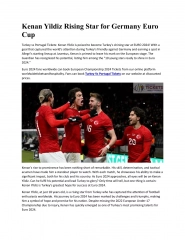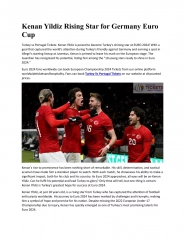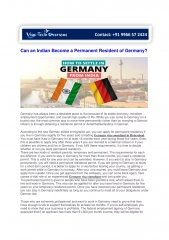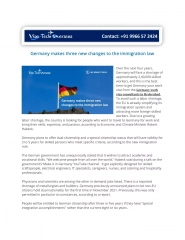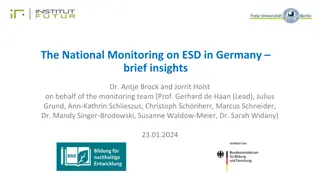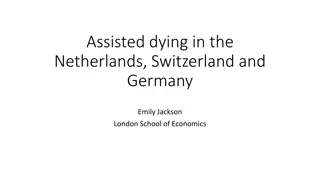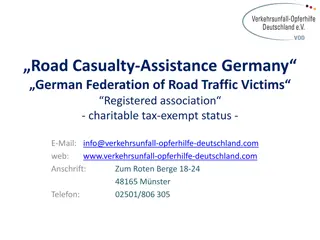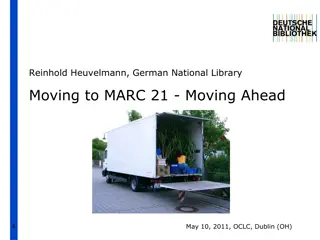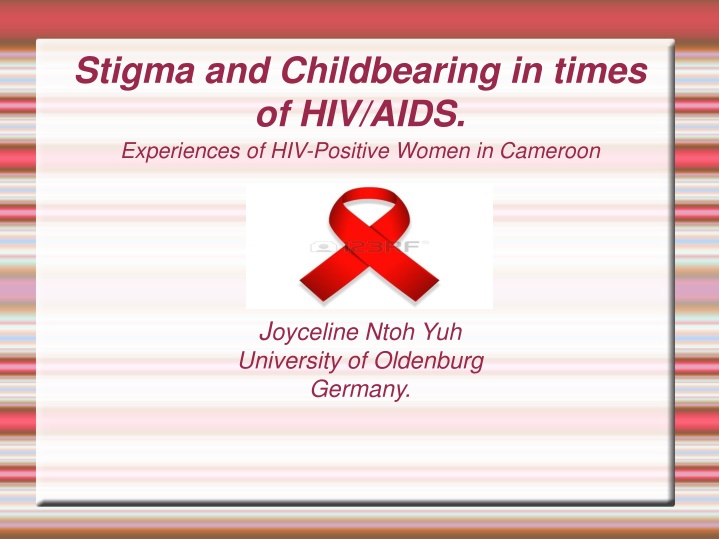
Stigma and Childbearing in Times of HIV/AIDS: Experiences of HIV-Positive Women
Explore the impact of stigma on childbearing in the context of HIV/AIDS, focusing on the experiences of HIV-positive women in Cameroon. Learn about the social processes of HIV stigma, the hindrances it poses to VCT and treatment, and the research questions surrounding how women living with HIV perceive and navigate motherhood amidst societal challenges.
Download Presentation

Please find below an Image/Link to download the presentation.
The content on the website is provided AS IS for your information and personal use only. It may not be sold, licensed, or shared on other websites without obtaining consent from the author. If you encounter any issues during the download, it is possible that the publisher has removed the file from their server.
You are allowed to download the files provided on this website for personal or commercial use, subject to the condition that they are used lawfully. All files are the property of their respective owners.
The content on the website is provided AS IS for your information and personal use only. It may not be sold, licensed, or shared on other websites without obtaining consent from the author.
E N D
Presentation Transcript
Stigma and Childbearing in times of HIV/AIDS. Experiences of HIV-Positive Women in Cameroon Joyceline Ntoh Yuh University of Oldenburg Germany.
Presentation Outline. 1)Third major phase of HIV epidemic. 2)Stigma process 3)Impact of stigma 4)Childbearing in times of HIV/AIDS. 5)Research Problem & questions. 6)Methodology & Findings. 7)Conclusion & Recommendations.
Third phase of HIV epidemic . Jonathan Mann founder of the World Health Organization's Global Program on AIDS and great advocate. - Causes of HIV-related Stigma a) Incurable nature of the disease. b) Sexual nature & mode of transmission. c) Gendered concept. d) Other factors such as legal environment,situational context,medical knowledge,Social media etc also influence HIV stigma
Social process HIV stigma could be seen as a social process of ordering,blaming and shaming(often called symbolic stigma) i)Differential stigmatization(construction of blame) ii)PLWA have often been stigmatized for being part of a specific group that is already defined negatively(sex+HIV=promiscuity) Erving Goffman:Spoiled identity & social devaluation. HIV stigma should be seen as problem of fear & blame without resorting to individualism or functionalism.(Harriet Deacons) Power:The stigmatizer represents the dominant group exercising their power and influence over the stigmatized.
Impact of Stigma. Hinders VCT even where treatment is available Cause of secrecy(disclosure),denial,non-adherence to treatment Fear of stigma may inhibit the use of condoms Isolation,rejection & discrimination Discrimination Negative effects on motherhood. i)Cause pregnant women to avoid HIV testing ii)May force HIV+ mothers to expose babies to infection.
Childbearing in times of HIV. Research Problem. HIV is affecting the cultural and social familial life of different ethnic groups in the region. Investigating in particular how the inability of having children is changing family status and lineage; which might alter one of the most important cultural values of procreation in future. Research Question. How do women living with HIV/AIDS perceive and experience child bearing in the context of HIV? i) What are the different responses of single and married women living with HIV to their changing sense of identity as mothers and members of their community?
Methodology & findings. In depth interviews were conducted with single,married and divorced HIV+ Women. Interviews were also conducted with health workers & Religious leaders. Findings HIV+ Women had low self esteem. Fear of transmission. HIV+ Women are uninformed about possibilities of bearing children and discouraged by some medical personnel. Disparity between the different categories of HIV+ Women e.g single,married and divorced. Financial constraints. Some health care workers found issues pertaining to childbearing complex & challenging. While Religious leaders had diverse views on the subject.

